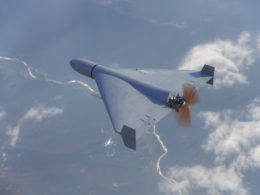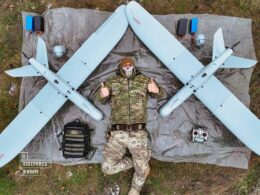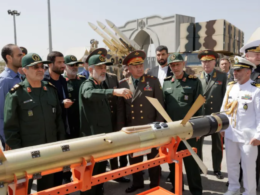After the collapse of the “traffic light” coalition, a coalition government of the Social Democratic Party, the Free Democratic Party and Alliance 90/The Greens in Germany, there is a risk of delays in decisions on further arms supplies to Ukraine, particularly regarding drone deliveries, writes Der Spiegel.
On 6 November, Germany’s ruling coalition dissolved after Chancellor Olaf Scholz dismissed Finance Minister Christian Lindner, the leader of the Free Democratic Party, a key coalition member. Experts note that while these political shifts are unlikely to affect Germany’s current plans to support Ukraine, they may delay any potential increase in aid.
Before the coalition’s collapse, Chancellor Scholz discussed allocating an additional €3 billion for military support to Ukraine. This year alone, the German government has already provided Ukraine with €8 billion worth of weapons, but the budget for these expenditures is now depleted.
Ukraine is pushing for decisions on further arms deliveries to be made before Germany holds early parliamentary elections in 2025.
“We must do everything to ensure the seamless execution of planned orders and funding for additional aid next year,” said Ukrainian Ambassador Oleksii Makeiev.
Foreign Minister Annalena Baerbock is also advocating for continued arms deliveries.
Ukraine has requested 812 reconnaissance drones from Quantum Systems, worth €153 million. Baerbock is urging expedited funding for the supplies, preferably in 2024 or early next year.
If financing is delayed until 2025 as part of extraordinary expenditures, approval from the budget committee will be required. However, the request for these drones has yet to be formally submitted to the finance department.
Read also:
- Germany delivers two IRIS-T anti-air systems to Ukraine
- Ukrainian President Zelenskyy, Irish PM Harris sign defense deal on support for Ukraine
- Scholz: Germany orders 17 IRIS-T air defense systems for Ukraine








